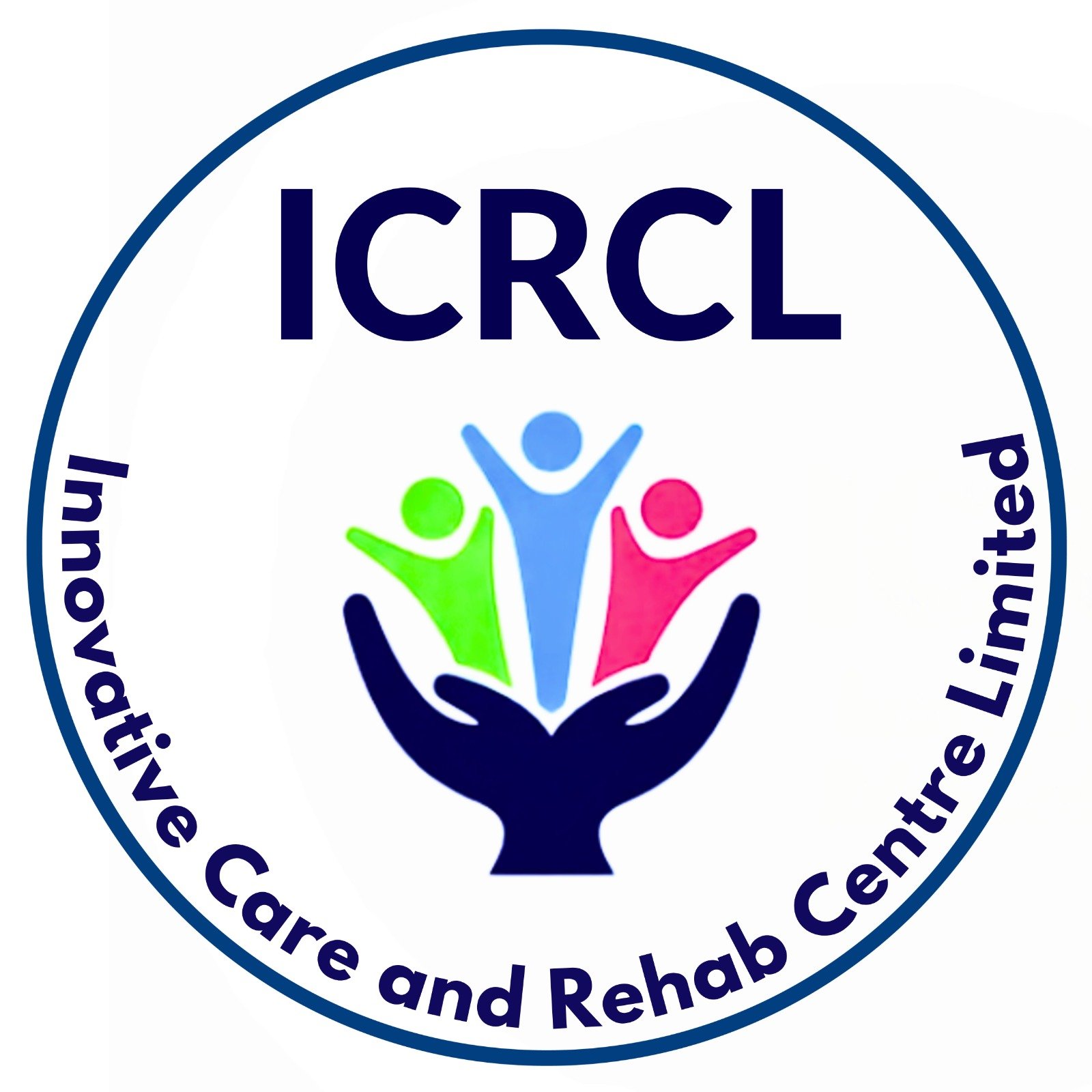Understanding Learning Disabilities
A Learning Disability affects the way a person’s brain is wired,
making it challenging to read, write, spell, or solve math
problems. It is not a problem with intelligence. At ICRCL, we
provide tailored support that addresses the specific needs of
children with learning differences, helping them find effective
ways to learn and build the confidence to succeed academically
and personally.

Common Types of Learning Disabilities
Our specialists are experienced in supporting a range of
learning challenges, including:
-
Dyslexia: Difficulty with reading, spelling,
and recognizing words.
-
Dyscalculia: Challenges with math concepts,
numbers, and problem-solving.
-
Dysgraphia: Difficulty with handwriting,
spelling, and organizing thoughts on paper.
-
Auditory and Visual Processing Disorders:
Trouble understanding and processing information taken in
through sight or hearing.
-
Non-Verbal Learning Disabilities: Difficulty
with visual-spatial skills, abstract concepts, and social
cues.
How We Support Your Child
Our approach is multi-faceted, combining evidence-based
techniques with a supportive, confidence-building environment to
unlock your child's potential:
-
Individualized Education Plans (IEPs): We
craft personalized learning goals and strategies that build on
your child's strengths.
-
Multi-Sensory Learning: We use engaging
methods involving sight, sound, and touch to help children
process and retain information effectively.
-
Assistive Technology Training: We introduce
tools and software that can aid with reading, writing, and
organization to foster independence.
-
Study Skills & Executive Functioning: We
teach effective strategies for organization, time management,
and task completion, crucial for academic success.
Our Aim and Achievements
Our ultimate goal is to empower children to become independent,
confident learners who are not defined by their challenges.
Success for us is seeing your child achieve:
-
Improved academic performance and confidence in the classroom.
-
Greater self-esteem and a positive attitude towards learning.
-
Effective use of personalized learning strategies and tools.
- Enhanced organizational and time-management skills.
-
A resilient mindset to tackle future academic challenges.

